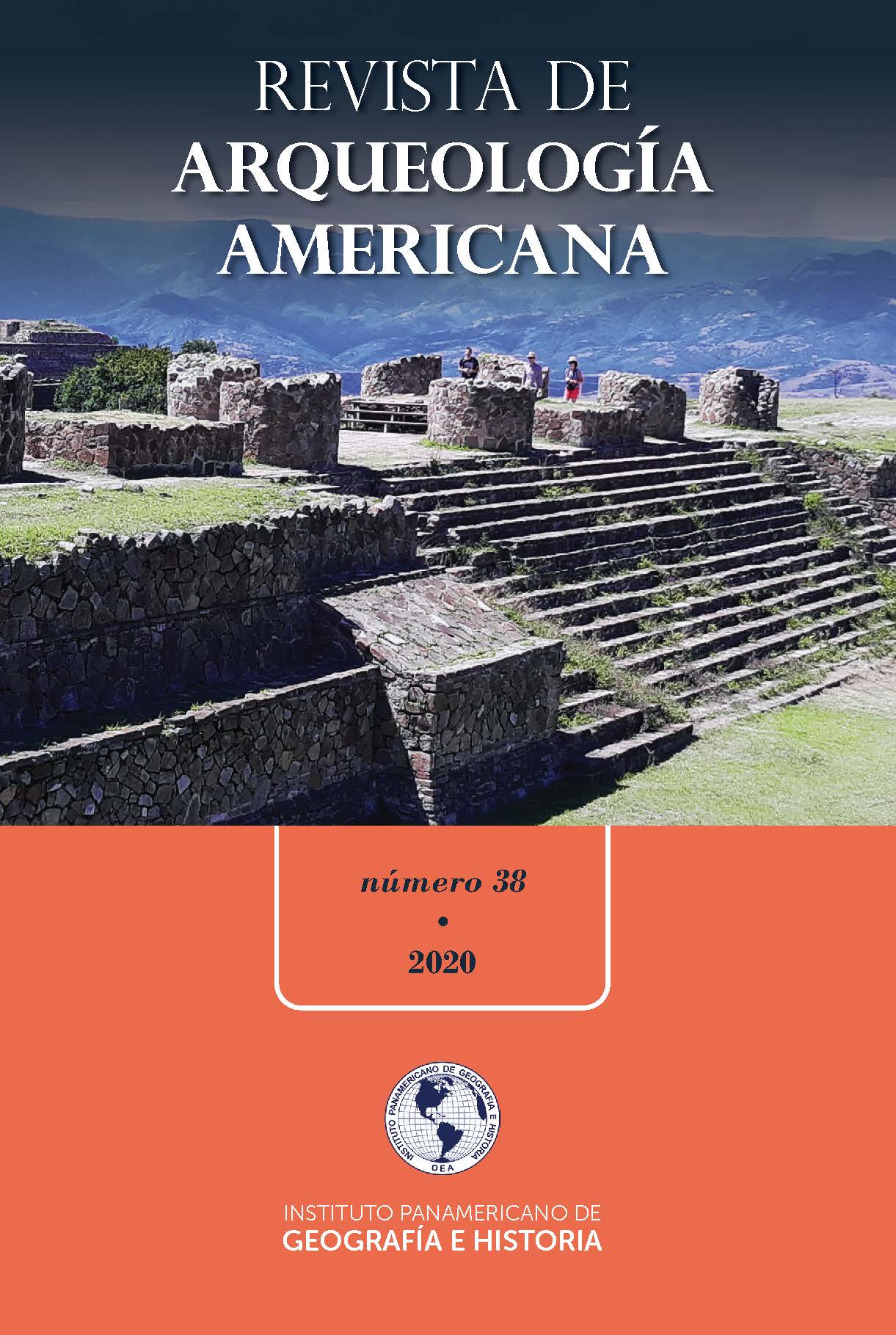Re-Claiming and Re-Writing the Past Through Indigenous Voices and Worldviews
Main Article Content
Abstract
Indigenous identities and links to homelands have been erased through colonial anthropological discussions; often invented by settler archaeologists, working as handmaidens to the state in colonized lands. In the Americas, the deep Indigenous past has been aggressively denied for over a century. Anthropologist’s denial of the deep Indigenous past of the Americas, have cleaved Indigenous people’s links to their homeland and created them as recent immigrants to the Americas, on a global scale of human history. Yet, Indigenous oral traditions of First People of the Americas tell a much different story of the past. In many oral traditions, Indigenous peoples say that they have been here forever, since time immemorial. In consideration of a group of first people whose distinct identities, culture, and traditions grew from their relationship to their homelands, it could be said they have been here forever. For Indigenous people forever may mean from their physical creation, or from the beginning of their cultural identities in a specific place. All people have an unalienable right to tell their history and their stories in their own voice and their own ways of knowing. I argue that in knowledge production of the Indigenous past there is a vast body of evidence, which archaeologists ignore a priori. Oral traditions of people’s time and place on the land are historical accounts that come from firsthand knowledge and experience. In weaving oral traditions and archaeology, we create opportunities to gain a much richer and more informed view of the past.
Downloads
Article Details
-
Abstract1381
-
PDF (Español)1108
